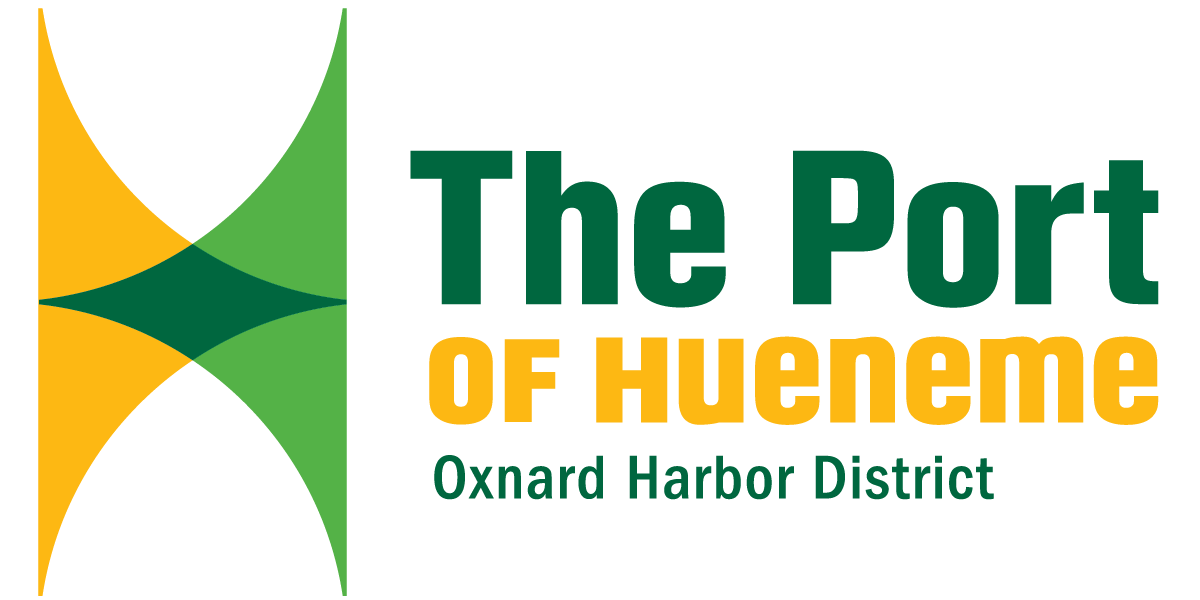Port Family Fights through COVID-19, Braces for Cancelled Sailings
May 6, 2020 – Just as in person auto sales resume, the Port’s largest customers brace for an approximate 90% reduction in cargo over the next two months. Automobiles, the Port’s largest revenue generating commodity, will see reductions as manufacturers from Germany, United Kingdom, Sweden, South Korea, and Japan have been closed during most of April. In response to the COVID-19 crisis, auto manufactures in the United States and around the world have either halted production or switched to making ventilators to assist hospitals with demand.
“As it takes several weeks for vessels to travel from Europe and Asia to Hueneme, we will begin seeing a dramatic reduction in autos the second week of May forward,” said Oxnard Harbor District President Jess Ramirez. “The Port usually has three to four auto carriers call the Port any given week. However, close to 90% of the sailings in May have been cancelled so far.”
CEO & Port Director Kristin Decas further explained, “There are two parts to this equation, supply and demand. The past month we have been helping our customers store additional automobiles that were not being sent to dealerships as a result of the stay-at-home orders in several states. Now, as the dealerships re-open and consumer demand comes back up gradually, we are still going to see a reduced level of shipments to the Port from that segment until the manufacturing plants can resume production and re-establish their supply chains.”
On April 20, the County of Ventura issued an update to its Stay-Well-At-Home Order which will allow for in person sales to resume at local auto dealerships throughout the County immediately, given that social distancing measures are still respected. The Port’s imported automobiles are distributed to 15 western states, many of which still are preventing in-person auto sales at dealerships.
“We are projecting a revenue loss of approximately $2.68 Million to the Port from the lack of automobile cargo just over the next few months, and more if it continues,” said Port Deputy Executive Director, CFO/CAO Andrew Palomares. “On the fresh produce side, we are still strong as consumers are continuing to purchase groceries.” Recent industry projections estimate between a 6% (best case scenario) to a 28% (worst case scenario) dip in the auto industry over the next year. Some projections also estimate an 8-year timeline for the global industry to fully recover.
The $2.68 Million cargo loss is just one-line item the Port is seeing on its balance sheet this month. Since March, the Port has also absorbed thousands of dollars in personal protective equipment for waterfront workers, additional cleaning supplies, expanded sanitization measures, and crisis response costs. So far, the Port has been able to use its reserves to meet immediate expenditures. Sound fiscal policies during the recovery from the Great Recession have enabled the Port to build up its reserves and sustain its labor force.
Despite the rough times ahead, the Port family continues to support its community with food donations and food drives.
#Committed to Community
For a video update on automobile cargo at the Port, click here.
For a video update on fresh produce cargo at the Port, click here.
Dock Talk Newsletter
Our niche port is doing big things globally, and within our community. Sign up for our Dock Talk e-newsletter to receive news and upcoming events from The Port of Hueneme directly to your inbox!
We will never sell, trade, or give your information away. Read our Privacy Policy.
